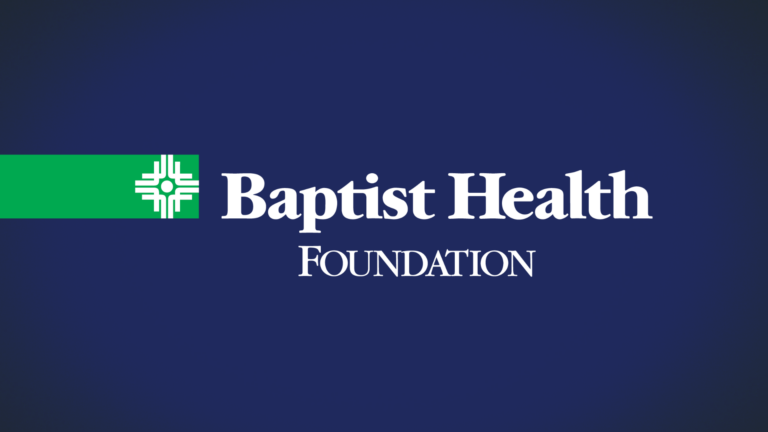Heart failure occurs when the heart isn’t pumping blood through the body as well as it should be. If you’re concerned about your heart, talk to your doctor about heart failure treatments today.
Heart failure is broken into two main types, along with a third type that is a combination of the other two conditions:
Systolic Heart Failure, or reduced ejection fraction, occurs when the heart doesn’t eject blood normally, and is also known as “reduced ejection fraction.”
Diastolic Heart Failure occurs when the heart has become stiff and doesn’t fill properly between the contractions.
Combined Heart Failure has components of both of the above. As an individual’s heart failure advances, most patients will have combined heart failure.
Treatments for Systolic and Combined Heart Failure have specific medicine regimens that decrease hospitalizations and increase life span. For Diastolic Heart Failure, controlling blood pressure, using diuretics and exercising are typically most effective.
Common Causes of Heart Failure
- Coronary artery disease
- Hypertension
- Genetics (familial cardiomyopathies)
- Heart valve disease
- Heart rhythm problems
- Chemotherapy/radiation
- Alcohol abuse
- Less common causes for heart failure:
- Thick (hypertrophic) heart
- Amyloid disease
- Viral or bacterial myocarditis
- Thyroid disease
- Diabetes
- Postpartum complications
- Lupus, scleroderma
- Sarcoid
Common Risk Factors for Heart Failure
- Hypertension
- Coronary artery disease
- Diabetes
- Congenital heart defects (undiagnosed until adulthood)
- Family history
- Obesity
Symptoms of Heart Failure
- Shortness of breath
- Persistent coughing or wheezing
- Fatigue
- Increased heart rate
- Lack of appetite or nausea
- Confusion or impaired thinking
Heart Failure Treatment
As Arkansas’s only comprehensive care center for heart failure, Baptist Health offers many options for living with your heart failure through our Heart Failure Program.
Your heart failure treatment begins with a comprehensive examination of your heart’s function. After your evaluation, our team of heart failure specialists will develop custom strategies to help your heart function as well as possible for the rest of your life. No matter which therapies are used, all treatments involve making important lifestyle changes and faithfully taking medications to manage your symptoms.
Although chronic heart failure can remain stable for a long time, it will eventually worsen. As your symptoms become more prominent and your quality of life is affected, you may require more advanced surgical therapies such as an implanted mechanical assist device (LVAD), a heart transplant or a total artificial heart.
In addition to your medical treatment, you’ll also need to follow the guidelines below every day:
- Know your medications and take them faithfully, call your doctor if you can’t get refills or you are having other problems.
- Manage your “intake” of salt products (“sodium”) with a daily maximum of 2000mg.
- Drink less than 64oz of all fluids per day.
- Eat a nutritious, well-balanced diet.
- Chart your daily weight, blood pressure and heart rate. Bring your chart to all office visits, and have it available if you are calling in with questions about symptoms.
- Exercise a little each day but don’t overdo it. Your doctor will recommend a routine.
When to Call Your Nurse or Physician
Call your provider if you are experiencing:
- Worsening shortness of breath
- Persistent coughing or wheezing
- Increased heart rate
- Lower blood pressure than normal
- Lack of appetite or nausea (maybe with vomiting)
- Increasing weight gain that isn’t controlled with prescribed diuretic
- Dizziness, confusion or impaired thinking
- Increased fatigue
- Fluid accumulation in the ankles, joints and abdomen
- Decreased urination
Physician Referral Form
Medical professionals interested in referring a patient to our clinic, please complete this referral form in its entirety, to ensure efficient scheduling. Please do not hesitate to call our clinic with any questions about our program.
Helpful Links
What are the patient outcomes?
The best advocates for the care you can expect from Baptist Health are the patients themselves. Hear success stories from a few of our patients.




